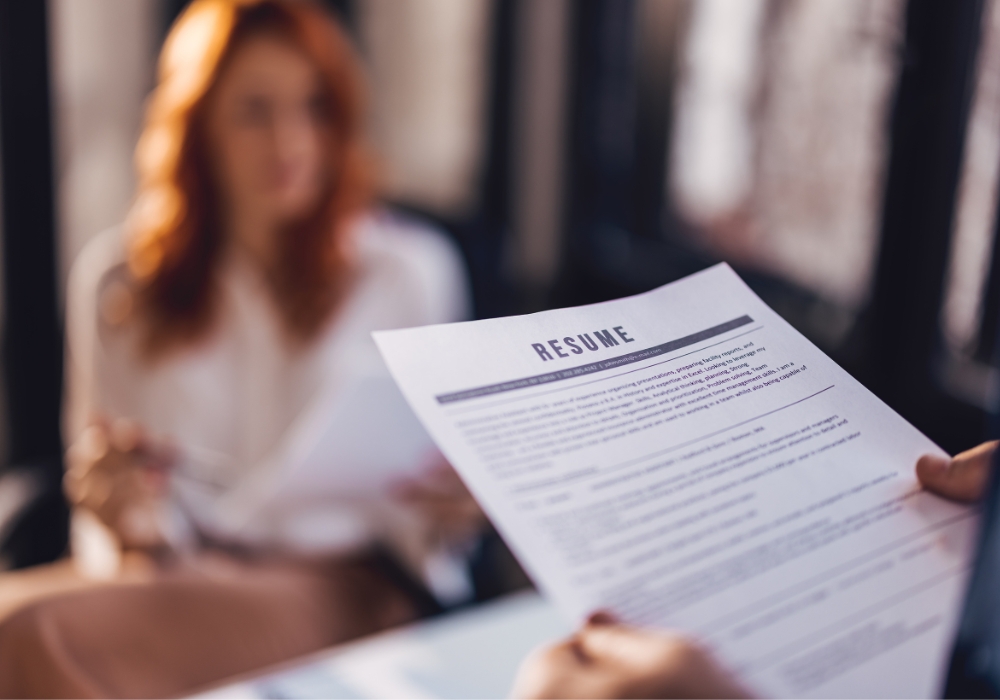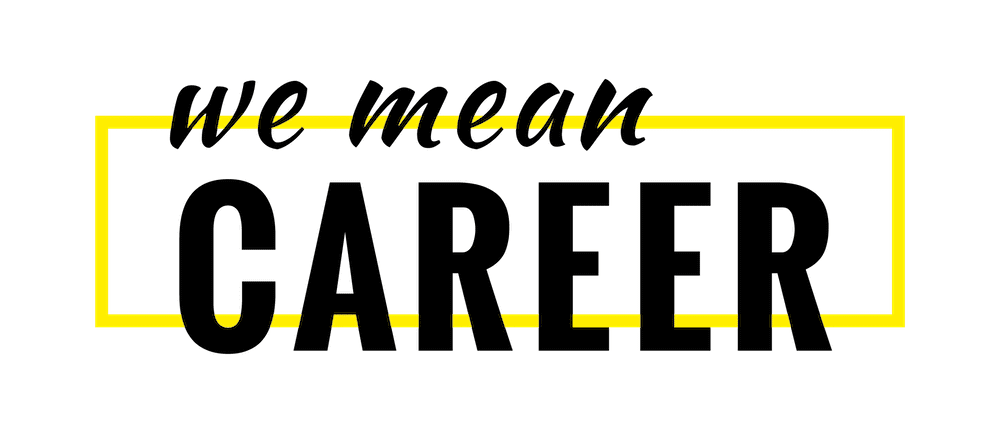WHY DO YOU FAIL EVERY INTERVIEW

Are you getting lots of interviews but struggling to land a job? If you’re wondering why you’re getting so many interviews but not being hired, it could come down to your interview techniques.
If you’ve been invited to attend an interview, this usually means they like your resume and think you’re suitable for the job. So, if you keep getting turned down in the interview process, it’s likely that you need to work on and fine-tune your interview skills.
This is nothing to worry about. There are lots of ways to get a better response in interviews. To help you with this, here are the most common mistakes people make in interviews and how to avoid them.
1. Not being prepared
One of the biggest mistakes people make before an interview is not putting in enough research or preparation beforehand. Of course, you can’t plan for everything. But, it’s still important to look into the company and position before going to the interview.
Employers want to know that you’re hardworking and dedicated. Being fully prepared and ready for their questions is the best way to prove this. This is vital! Employers will notice when you’ve done your research and know what you’re talking about.
You should aim to find out as much as possible. This means studying the company, including finding out who they are, the size of the company, how they make money, who their competitors are, and who their main customers and clients are.
You should also read through the job description carefully so you understand exactly what the role is and why you would be great at it. Prepare answers to some questions you might be asked about the role and the business – this will make you seem much more confident!
2. Not asking questions
Another mistake people commonly make in interviews is that they don’t ask any – or enough – questions about the job or company. This is a must, as employers want to see that you care about the job and are targeting specific things in your job hunt.
In fact, not asking any questions in an interview can be a red flag to interviewers. Why? Because it’s an indication that you’re not taking much care in your job search. This can make you seem less reliable, as it means you might leave if something better comes along.
You need to show the employer that you’ve carefully thought about what you want from a job and where you’re heading with your career. It shows that you’re not desperate, and it also makes you less likely to change your mind later on.
If you get nervous in interviews, it can be helpful to prepare two to three questions beforehand that you can use. Make sure these questions are thoughtful and relevant. You can ask these at the end, or you can ask questions as you go along that naturally fit into the conversation.
3. Giving inconsistent answers
Next on our list is giving answers that are inconsistent, untrue, or lacking clarity. This is a big mistake, as it’s very important in job interviews to be honest and authentic.
Not explaining things properly or lying about your skills, experience, qualifications, or knowledge is a huge no. Remember, it’s okay to admit when you don’t know or understand something, as long as you show a willingness to grow and learn.
Make sure you don’t lie or make things up in your interview. They will be able to tell – especially if you give a long-winded explanation that contradicts previous answers. This can make you seem untrustworthy. And, if you don’t seem trustworthy, they’re unlikely to hire you.
4. Having a negative attitude
Employers are generally looking for someone that’s positive, energetic, and eager to work hard. This means that, if you appear to have a negative attitude (even accidentally), this could be affecting your chances of getting the job.
Try and show enthusiasm and excitement about the job and company. Tell them what you find interesting about the position and show passion for the company itself. Doing this will make you appear much more positive to the interviewer.
5. Body language and appearance
First impressions count. People often make snap judgments based on your appearance. This means that, if your body language and general appearance aren’t quite right, they might decide it’s a no before even listening to you speak.
It’s important to, first, check that your facial expressions and body language portray confidence. Make sure you have good posture when walking, standing, and sitting down, and avoid defensive postures. Instead, be open and relaxed.
Additionally, you should try to maintain eye contact as much as possible when speaking and listening. And, you should always avoid fidgeting, such as tapping your hands or feet – this can make you seem really nervous.
In terms of clothing, make sure you dress professionally for the interview. Make sure you’re dressed appropriately for the job and you are clean and tidy. Try and avoid smelling strongly of cigarette smoke, perfume, or aftershave.
6. Not listening or building rapport
Lastly, you should always try and listen and build rapport during the interview. Remember, they are a real person and, if you get the job, they will be working with you. It’s important to be likable. Doing this will also make you much more memorable.
Don’t interrupt the other person and make sure you listen carefully to questions and remember the name of the interviewer – as well as the correct pronunciation!
If you can, you can also ask them questions throughout the interview or make small talk. Starting a conversation with them and showing interest in them as a person will make you stand out and will make you seem more personable. Now you know what to avoid during an interview, you will be much better prepared when it comes to landing your dream job! If you want more help with interview prep, check out our online video course on acing interviews: Online Course – How to Ace a Job Interview.



